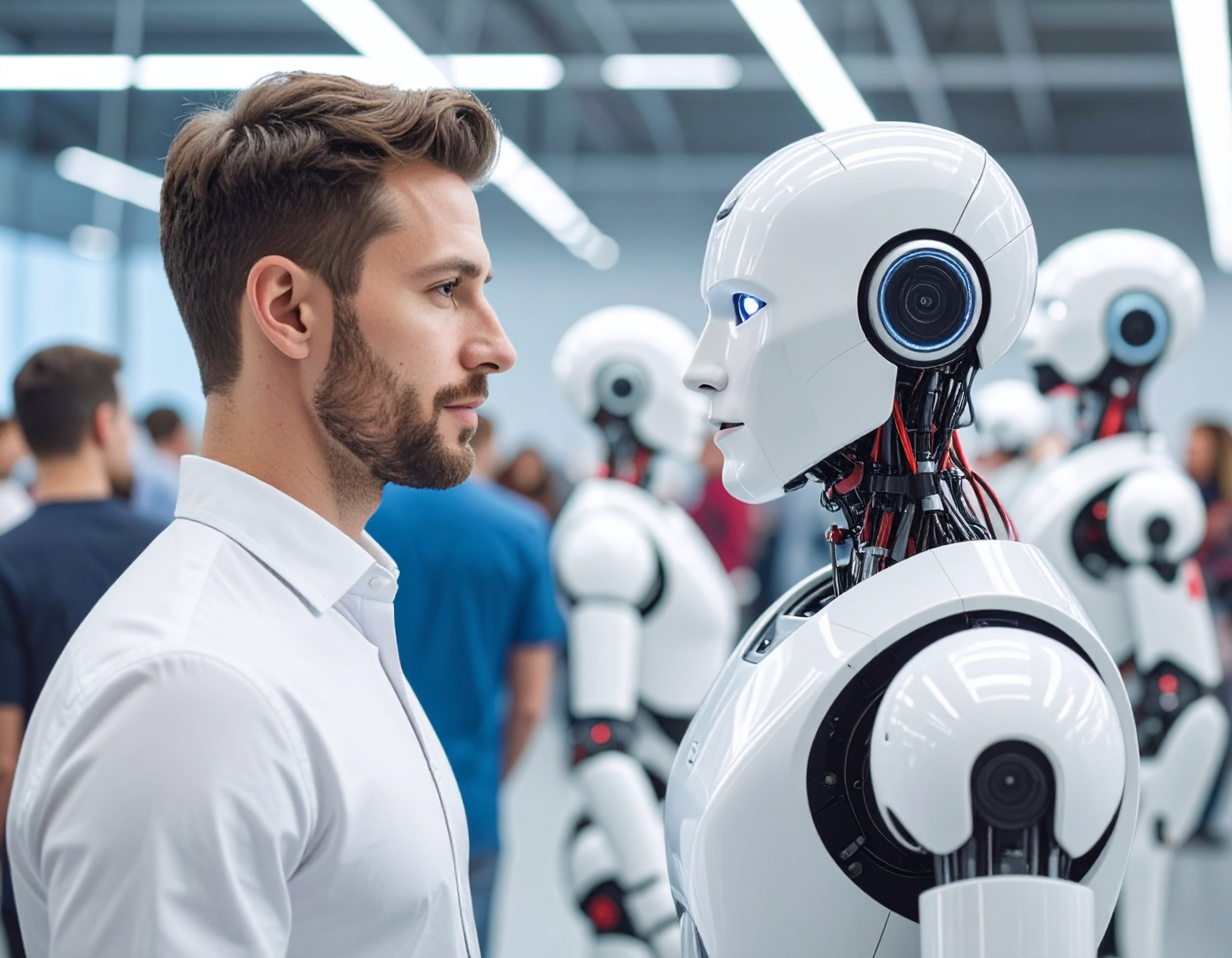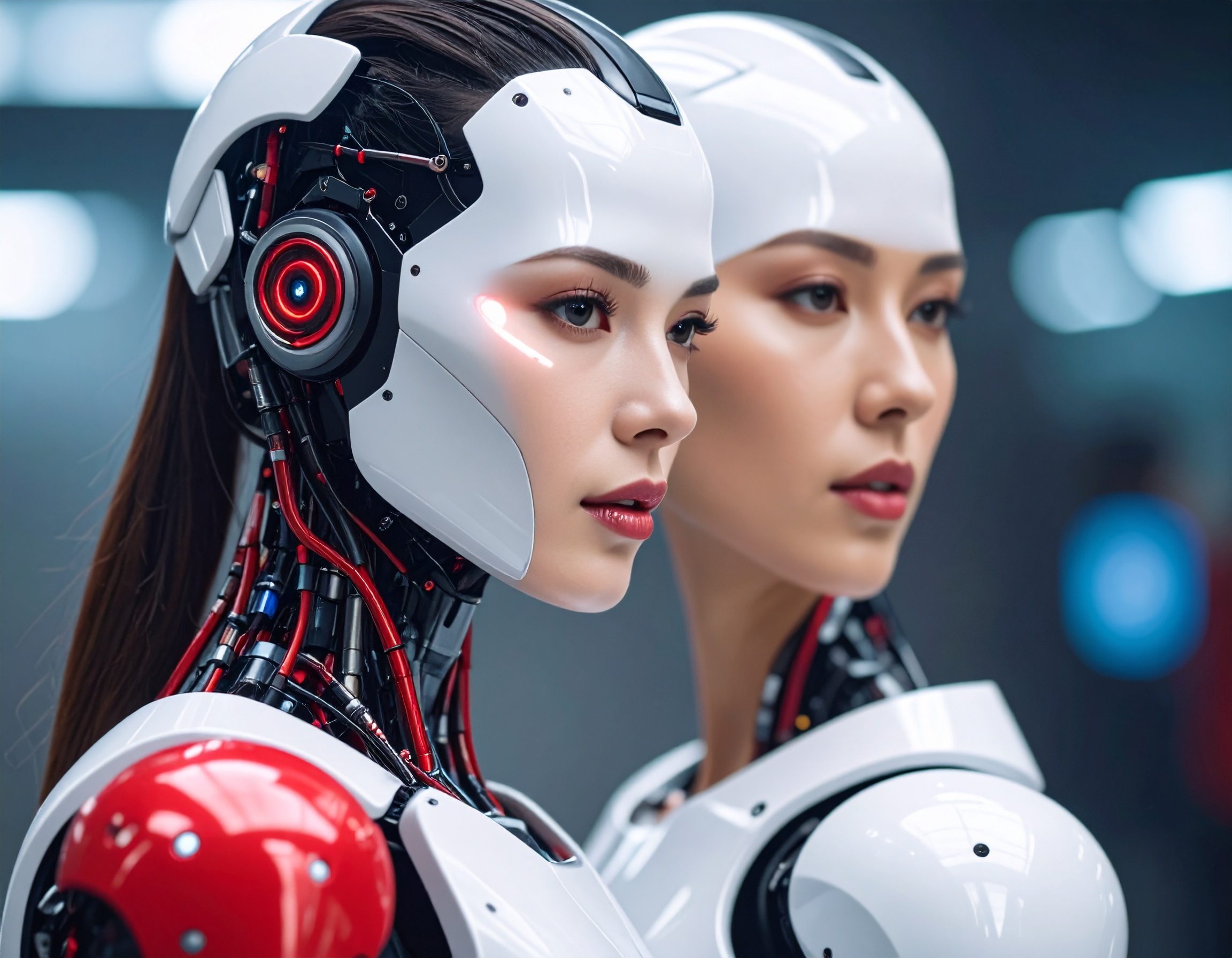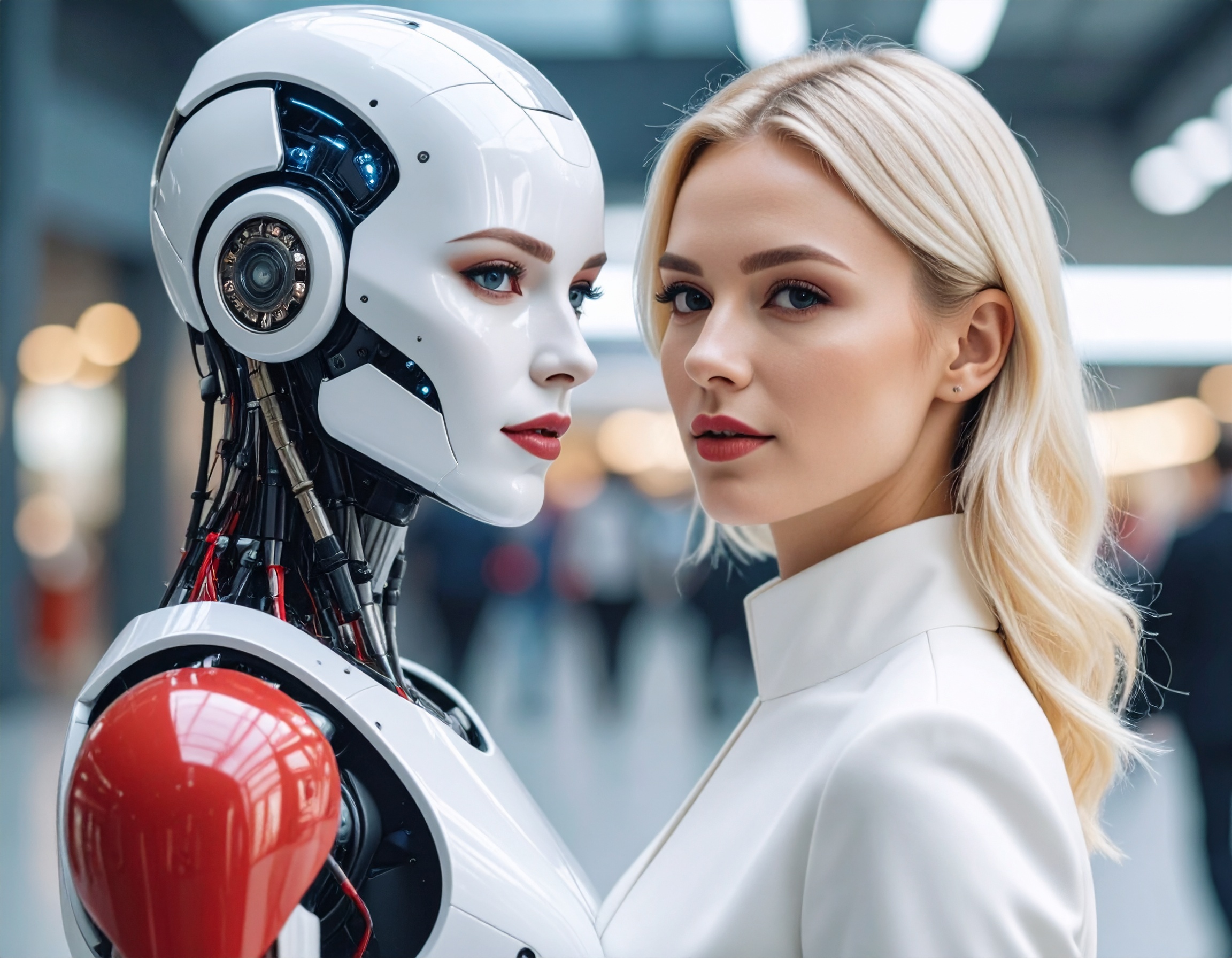Revisiting Asimov’s Laws: Guiding the Next Generation of Robotics and AI

In September 2024, a fascinating debate emerged around the relevance of Isaac Asimov’s "Three Laws of Robotics" in today’s rapidly advancing AI and robotics landscape. Asimov’s fictional laws, which have guided robot behavior in science fiction, are being re-examined as we integrate "Intelligent Agents" and "Non-Human Workers" into real-world industries. These laws emphasize robots' obligation to protect humans and themselves, but how applicable are they to our modern reality?
The importance of this discussion lies in the increasing presence of "Digital Employees" and automated systems that perform critical tasks in healthcare, manufacturing, and even the military. For example, intelligent robots in factories are not just replacing repetitive jobs but also making complex decisions. As technology progresses, ethical concerns about safety, decision-making autonomy, and accountability rise, making Asimov’s framework more relevant than ever.
While the Three Laws were initially introduced in fiction, modern experts now see them as a starting point for AI governance. However, the laws’ limitations are evident in today's nuanced challenges. Real-world robots and intelligent systems must navigate complex environments that may require breaking the traditional rules to ensure safety or optimize efficiency. This debate is shaping the future of robotics and artificial intelligence, pushing us to rethink how we control the next generation of intelligent machines.
Key Highlights:
- Event Date: September 2024 – renewed debate around Asimov's "Three Laws of Robotics" in light of modern AI and robotics advancements.
- Key Concept: The laws, originally from science fiction, are being re-examined as a framework for today’s "Intelligent Agents" and "Non-Human Workers."
- Why It's Important: The increasing use of "Digital Employees" in critical sectors like healthcare and manufacturing raises questions about safety, ethics, and decision-making autonomy.
- Expert View: While Asimov's laws provide a useful starting point, they may not be sufficient for managing the complexities of real-world robotics.
- Future Impact: The debate is pushing for new standards in AI governance, as robots take on more autonomous and high-stakes tasks.
Reference:
https://www.hpcwire.com/2024/09/14/the-three-laws-of-robotics-and-the-future/


